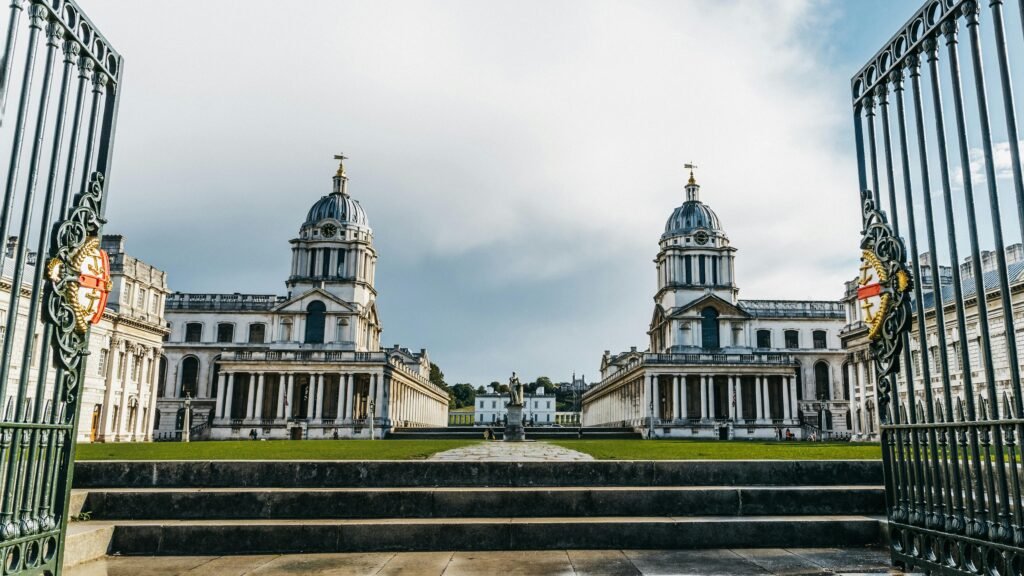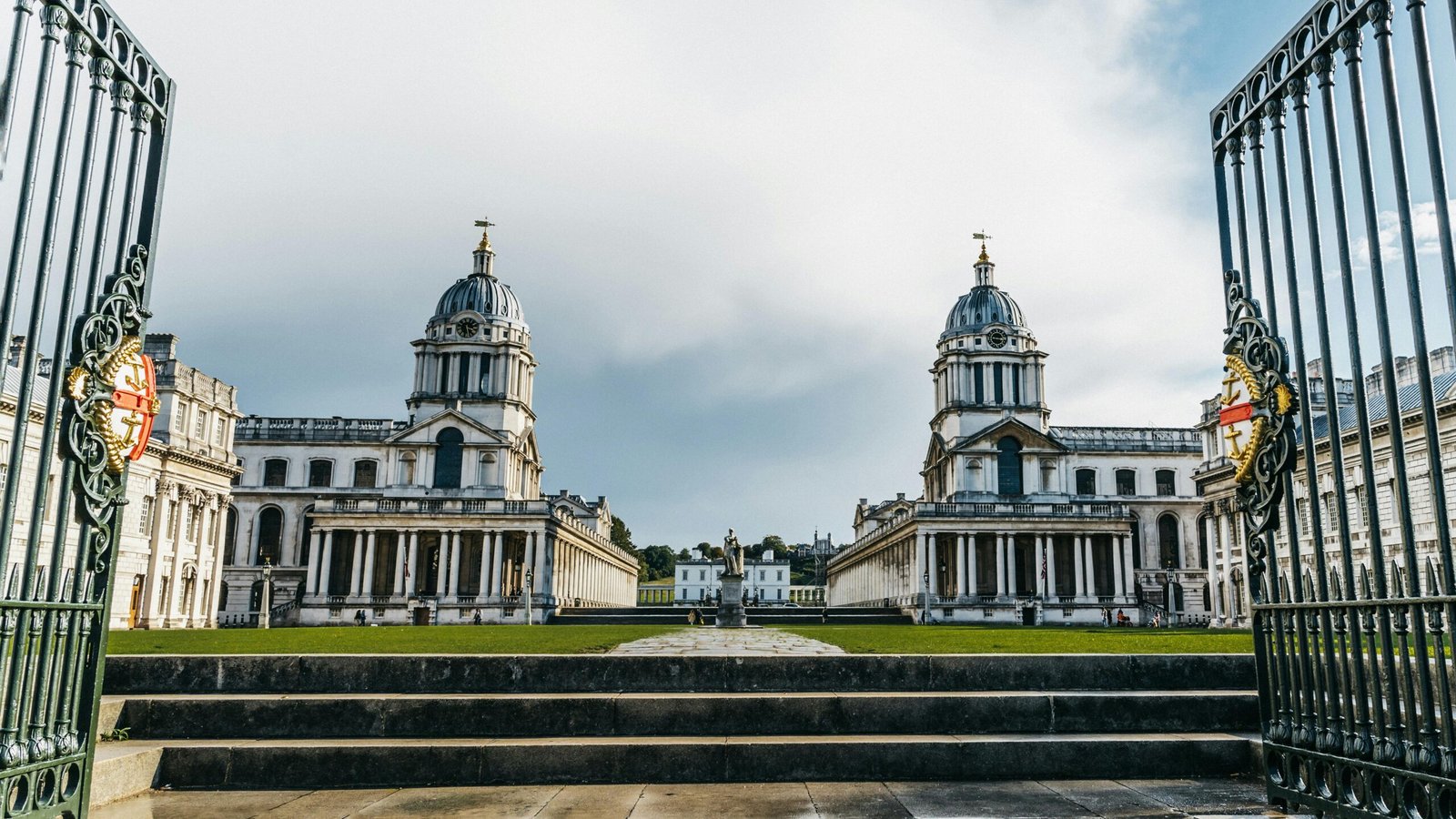
Overview
- Location: Princeton, New Jersey, USA
- Established: 1746 (as the College of New Jersey)
- Type: Private Ivy League research university
Academics
- Schools and Departments: Princeton is organized into several academic units, including:
- Undergraduate School
- Graduate School
- School of Engineering and Applied Science
- School of Public and International Affairs
- School of Architecture
- School of Humanities
- School of Social Sciences
- School of Natural Sciences
- Programs: Offers undergraduate and graduate programs across a wide range of disciplines, with a strong emphasis on liberal arts and interdisciplinary studies.
Reputation and Rankings
- Academic Reputation: Consistently ranks among the top universities globally, known for its rigorous academic standards, distinguished faculty, and influential research.
- Notable Alumni: Includes numerous U.S. presidents, Nobel laureates, Fields Medalists, Pulitzer Prize winners, and leaders in various fields such as politics, business, academia, and the arts.
Campus
- Main Campus: Located in Princeton, New Jersey, covering 600 acres with a mix of historic and modern buildings, including Collegiate Gothic architecture.
- Libraries: Home to extensive library collections, including the Firestone Library, which houses over 7 million volumes.
- Art and Cultural Centers: Features the Princeton University Art Museum, showcasing a diverse collection of art spanning centuries and cultures.
Research
- Research Centers and Institutes: Princeton hosts numerous research centers and institutes focusing on areas such as astrophysics, engineering, public policy, and environmental studies.
- Funding: Receives substantial research funding from federal agencies, private foundations, and its endowment.
Financial Aid
- Endowment: One of the largest university endowments in the world, valued at several billion dollars.
- Financial Aid Programs: Committed to providing need-based financial aid to admitted students through grants, scholarships, and work-study opportunities, ensuring accessibility for students from diverse economic backgrounds.
Admissions
- Selectivity: Highly selective with a low acceptance rate, emphasizing academic excellence, intellectual curiosity, and a strong commitment to learning.
- Application Process: Requires submission of standardized test scores, high school transcripts, recommendation letters, and personal essays. The university also offers the option for applicants to submit a graded written paper.
Extracurricular Activities
- Student Organizations: Offers a wide range of student organizations, including academic clubs, cultural and ethnic groups, performing arts groups, and student publications.
- Athletics: Competes in the NCAA Division I Ivy League, with varsity sports teams in various sports and a strong tradition in rowing and lacrosse.
Notable Traditions
- Princeton P-Rade: An annual parade held during Reunions weekend, where alumni march through campus in elaborate costumes and floats.
- Nassau Hall Bell: Students touch the bell at Nassau Hall upon graduation, symbolizing their transition from students to alumni.
- Dean’s Date: The deadline for completing coursework each semester, marked by late-night study sessions and a sense of camaraderie among students.
Innovation and Intellectual Culture
- Princeton Plasma Physics Laboratory (PPPL): Conducts research in fusion energy and plasma physics, contributing to advancements in clean energy technology.
- Princeton Neuroscience Institute: Advances our understanding of the brain and cognition through interdisciplinary research and collaboration.
- Institute for Advanced Study (IAS): Associated with Princeton University, IAS is an independent research center that has hosted many prominent scholars and Nobel laureates.
Princeton University continues to be a leading institution for higher education and research, known for its intellectual vibrancy, commitment to academic excellence, and strong sense of community.

Leave a Reply